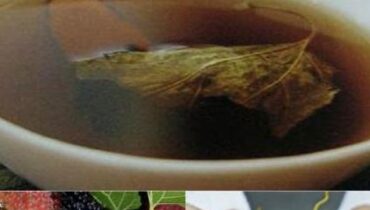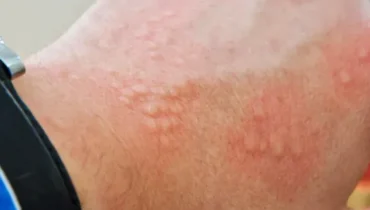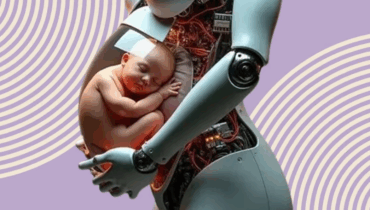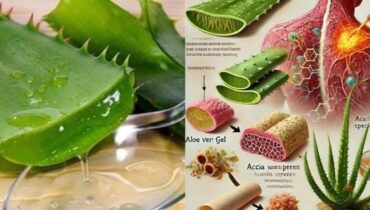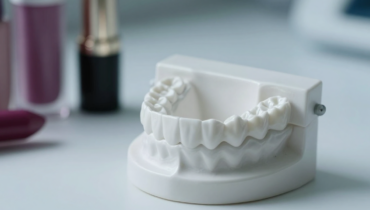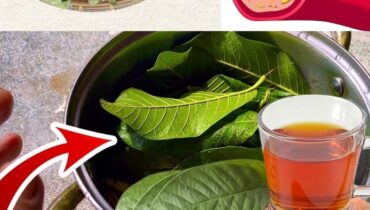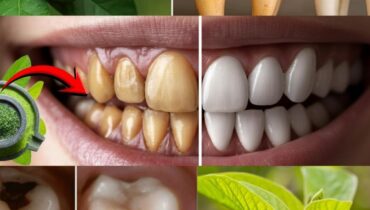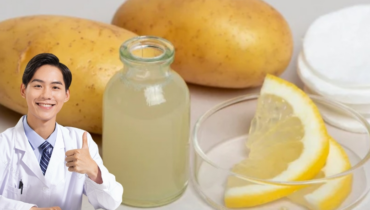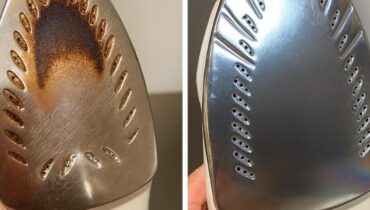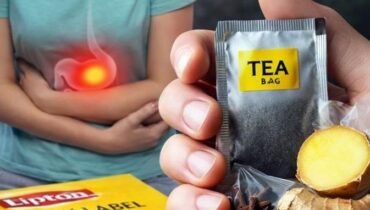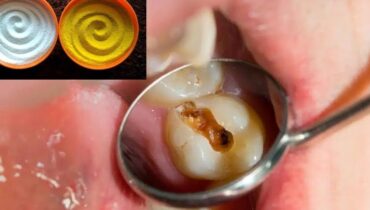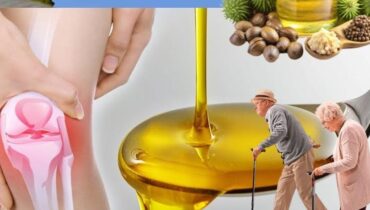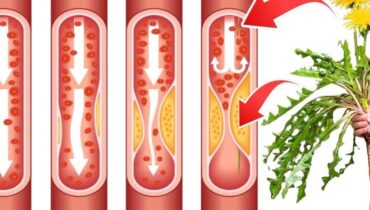📌 Be careful! These are the consequences of sleeping with the…

Posted 27 August 2025 by: Admin
Breakouts on the chin are rarely random. In most cases, they’re connected to hormones, habits, or hidden lifestyle triggers. Understanding the root cause of chin pimples is the first step toward treating them effectively and preventing future flare-ups.
1. Hormonal Fluctuations
One of the leading causes of chin and jawline acne is hormone imbalance. This is especially common in adults and is often linked to: – Menstrual cycles – Pregnancy – Polycystic ovary syndrome (PCOS) – Excess androgen production
Hormonal acne often appears as deep, painful cysts that don’t come to a head easily.
chin acne causes, hormonal chin pimples, diet and acne link, skincare mistakes acne, stress acne breakouts,
2. Diet and Nutrition
What you eat may impact your skin. Diets high in: – Sugar – Dairy – Refined carbohydrates
can cause insulin spikes, leading to excess oil production and inflammation. Over time, this may worsen chin breakouts.
3. Poor Skincare Habits
– Using heavy, oily, or comedogenic products can clog pores. – Not removing makeup thoroughly — or sleeping in it — is a common cause of chin pimples. – Over-washing or scrubbing too hard may strip natural oils, prompting the skin to produce even more sebum.
Consistency and balance in skincare are crucial.
4. Stress
Stress triggers cortisol and other hormones that increase oil production. This hormonal response can quickly lead to clogged pores and acne flare-ups, especially around the chin and jawline.
5. Dirty Phones, Hands, and Surfaces
Constantly touching your chin or resting it in your hands transfers oils and bacteria directly to the skin. – Phones pressed against the face – Unwashed pillowcases – Masks that aren’t cleaned regularly
all increase the risk of irritation and breakouts.
6. Underlying Medical Conditions
Persistent chin acne can sometimes point to deeper issues such as: – PCOS – Adrenal disorders – Other hormonal imbalances
If your breakouts are severe, cystic, or don’t respond to over-the-counter care, consulting a dermatologist is important.
7. Cosmetic and Hair Products
– Waxing or shaving may irritate follicles, leading to ingrown hairs and pimples. – Some lip balms, beard oils, or face creams may clog pores in the chin area.
Choosing non-comedogenic products can help reduce flare-ups.
Chin pimples are often a mix of hormones, skincare missteps, and everyday habits. Identifying triggers—whether dietary, hormonal, or environmental—can make all the difference. If acne is painful, persistent, or worsening, professional help is the best path forward.

